Protect Your Company: Are Customer Waivers the New Normal?
After months of pandemic lockdowns, communities are reopening and businesses are finding we live in an entirely new world.
Waivers – forms signed by customers entering your place of business – are becoming the new normal.
From hair salons and recreation centers to stock exchanges and wedding photographers, the notices have sprung up across the country, asking guests to acknowledge they might contract a disease that has so far killed over 100,000 Americans.
Companies are using signs, forms, and website postings as a shield against lawsuits, but the measures do not prevent people from seeking damages due to negligence, the same way someone might sue after falling on a slippery floor or getting sick from walls covered in lead paint, experts said.
According to Reuters, attorneys say that is can be tough to prove a business caused a customer’s illness, but concerns are so intense that waivers are being put to the test.
Entities including the YMCA, real estate agencies, race car speedways – even the New York Exchange – have introduced waivers disavowing responsibility for anyone who might contract the disease onsite, Reuters reports.
Since reopening, some beauty salons, for instance, require clients to sign a form stating they have no COVID-19 symptoms and have not visited a “hot spot” with high infection rates in the last 30 days. The waiver releases the salon from liability for “unintentional exposure” to the virus.
Ryan Reiffert did not mind signing a waiver recently for the gym where he practices martial arts near San Antonio, Texas. He had symptoms in March and later learned from antibody testing that had likely contracted the virus.
“But even if I hadn’t had it,” he said, “I’d happily sign the waiver.”
A gym attendant sprayed disinfectant on Reiffer’s hands and feet before he could enter, he said.
Bigger companies are taking similar steps.
Walt Disney Co.’s website cites “severe illness and death” risks for customers at its Orlando, Florida, amusement parks due to reopen in July.
That warning did not deter the throngs who waited for hours to buy Mickey Mouse swag or apparel from familiar brands outside the Disney Springs shopping center that reopened in May.
New York Stock Exchange owner Intercontinental Exchange Inc. and commodities exchange CME Group Inc. also require entrants to sign waivers. Floor traders at the exchanges have historically shouted in close proximity to one another, sans masks, but that has changed.
“I cannot stress enough that we will not be able to guarantee the safety of traders, clerks, or other trading personnel that choose to access the trading floor,” said CME Chief Executive Terry Duffy. “It will have risk and will continue to have risk until there is a vaccine or some other cure for this disease.”

